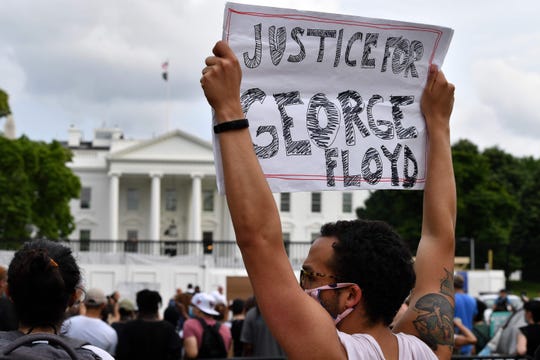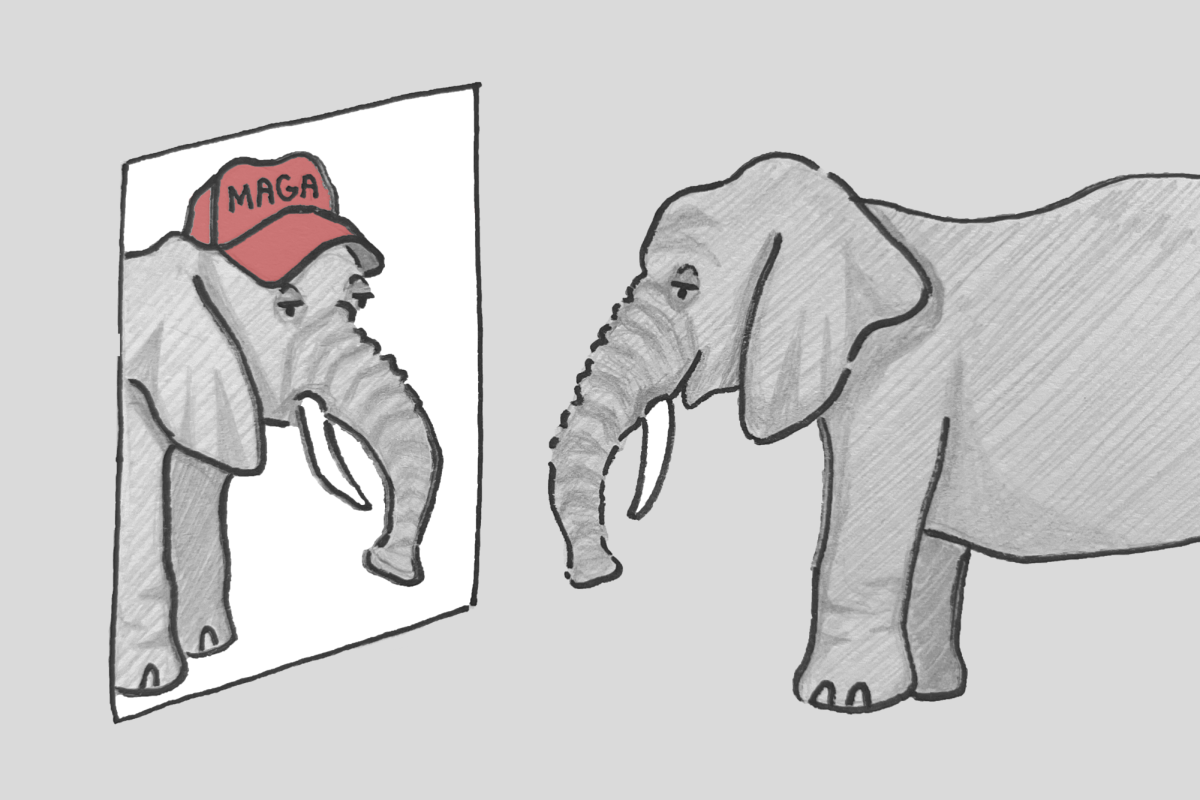This open letter is courtesy of the San Diego Faculty Association. The UC San Diego Faculty Association (SDFA) is a member of the Council of University of California Faculty Associations (CUCFA) which coordinates the advocacy work done on behalf of UC Senate faculty by the various campus Faculty Associations. Open letters do not reflect the opinions or beliefs of the UCSD Guardian.
The board of the San Diego Faculty Association (SDFA) stands with all UCSD workers and communities in San Diego who mourn the murder of George Floyd at the hands of police, the domestic arm of a global project of US militarism whose reach extends throughout the world. We recognize the UC system’s complicity in violence as an institution of research and higher learning that regularly deploys its own police force that uses militarized surveillance techniques to intimidate student protestors, and benefits from defense funding and research on military technologies whose effects are felt well beyond this city. As tenure-stream faculty members who make our livelihoods within this system, we are committed to collectively amplifying and supporting individuals and organizations that put themselves on the line to call out university policies that reinforce these structures of violence that disproportionately target Black and Latinx communities.
To this end, we express solidarity with student demands for greater university accountability for the violence of police on and off campus, which we saw on display this weekend when police sprayed tear gas and rubber bullets at protestors in La Mesa and downtown San Diego. We also support a recent letter penned by students to the UCSD administration imploring it to make good on its promise to extend assistance to students struggling to carry on as usual in the aftermath of the murder of George Floyd. Finally, we stand with a national coalition of grad worker unions that have issued a statement against state terror and have called for the termination of university-police ties.
Both as university workers and as people whose affiliations and lives exceed the university, we must do more than simply condemn yet another murder. We must join the ongoing work to build abolitionist alternatives: put into practice ways to repair harm, distribute resources and care, and respond to medical and mental-health crises through channels other than state violence. We recognize that violence is not an aberration of policing; rather, it is the heart of police power, and its trajectory has been racialized from the beginning. The violence of police was never inevitable; it was built over centuries of legal, imaginative, and material practices as a mode of everyday governance for colonialism, indigenous dispossession, and racial capitalism. We invite everyone who works and teaches with us to make their classrooms, their departments, and the university itself into spaces for unlearning the legitimacy of police worldwide. And we call on UCSD to stand by its words with actions of material redress: prioritize the public-health impact of anti-Blackness in its medical and scientific responses to COVID-19, remedy the persistent underrepresentation of Black students and faculty at UCSD, center students most likely to be targets of policing–Black, Indigenous, Latinx, undocumented, and low-income students–for both material and academic support in the ongoing and interlocking crises they currently face, guarantee that its most vulnerable and poorly-paid constituencies not bear the brunt of the austerity measures implemented in response to the pandemic, and commit to transforming the violent structures and practices that reward profit over well-being. This is critical to the university’s mission to serve the public.
SDFA board members:
Wendy Matsumura (Chair) (Associate Professor of History)
Saiba Varma (Vice-chair) (Assistant Professor of Anthropology)
Sal Nicolazzo (Secretary-Treasurer) (Assistant Professor of Literature)
Jessica Graham (Associate Professor of History)
Simeon Man (Associate Professor of History)
Matthew Vitz (Associate Professor of History)
Photo courtesy of NICHOLAS KAMM, AFP via Getty Images.











